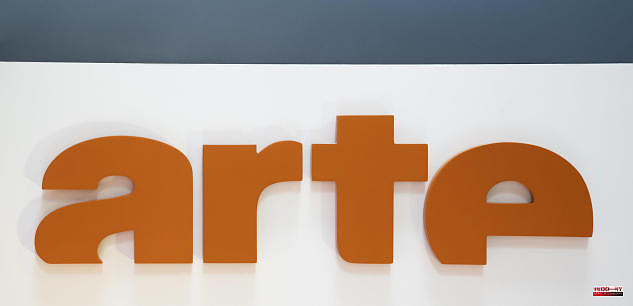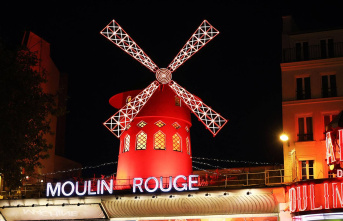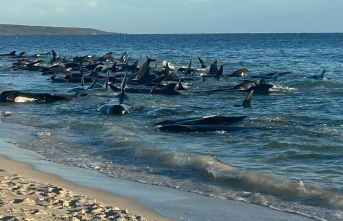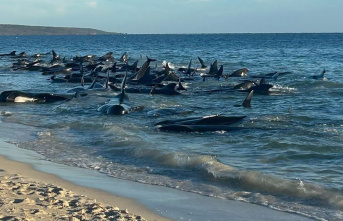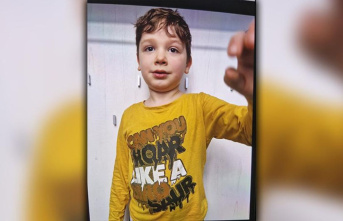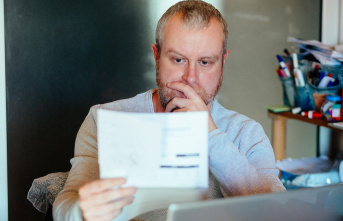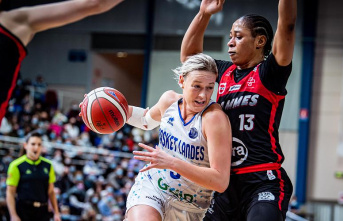There were many winners at the 75th Cannes Film Festival. It concluded on Saturday, May 28. Ruben Ostlund, the director of "Without Filter", was the first filmmaker to win the Palme d'Or. This is his second consecutive win in five years. Arte, a Franco-German public television channel, also won this victory. Arte has financed the feature film and eleven other Palmes d'Ors since 1992. The channel has a good audience but could be affected by the Emmanuel Macron's desire to abolish the TV license fee.
Bruno Patino, president of the channel was the one who alerted AFP that the entire Arte circuit could be at risk. He said that without royalties or clear announcements about the funding of public broadcasting, there was no way to save it. The 95% dependence of the channel, which is owned by Radio France, Radio France, INA, and France Televisions is a result of its ownership. Arte is not allowed to broadcast advertising except for messages of "public interest", such as sponsorships.
It is the entire ecosystem of the channel, jointly funded by the French public service and the German public service, that could be switched without royalties.
The lack of clarity around the removal of the fee could hinder the development of the channel. This is more because the fee costs 220 euros per annum for the Germans, while it costs 138 euros in France. Bruno Patino, AFP said that his concern was to alert our interlocutors about this possible funding imbalance. Peter Weber, vice-president of chain, stated that any reduction of Arte France's allocation would have serious consequences for German financing of the plant.
France is the largest consumer of Arte, even though it funds less than Germany. Arte has 2.9% audience share in France, while it holds 1.3% in Germany. Peter Weber explains that Arte's differential can be explained by the tougher competition from Germany's neighbors. Arte was only one channel "among thirty other" when it launched. The Arte.tv platform on the other hand, which was very early in the digital revolution, has good audiences both on the German and French sides, with almost equal scores.
It claims that the platform is completely free and available to all Europeans, as it advertises in its ads. Since 2015, the channel has been subtitling its programs in English, Spanish, Polish, and Italian. The channel intends to continue this development. Its president stated that "Our challenge isn't to surpass Netflix" but to become a European platform of high quality offering European programs to all European nations in their respective languages. .
A desire to develop that is not compatible with Emmanuel Macron’s program. Gabriel Attal, the former spokesperson for the government, stated on Franceinfo that, despite the elimination of the television license fee (which would be in conjunction with the abolishment of the housing tax, as planned by President Macron's programme), public broadcasting would still remain finance. He stated that "we need a strong public sector audiovisual in a context where the digital giants circulate info that isn't always sourced" and "because it participates to French creation".
Former spokesperson mentioned that the possibility of "planning an system where you have visibility over many years, with for instance a budget voted on for five years, like exists for certain sections of the State". Uncertainty remains, as no leads have been offered.

